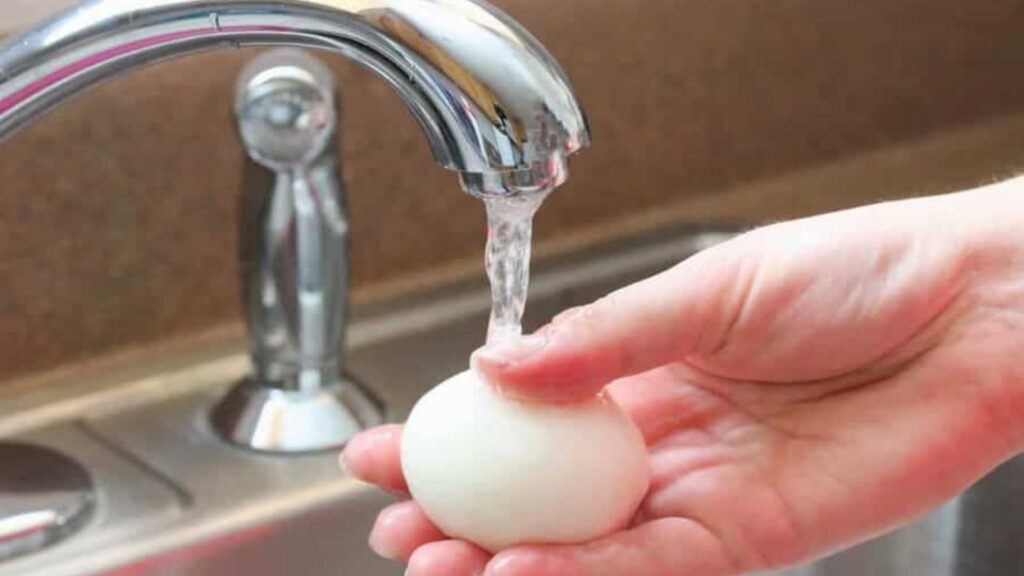Should You Wash Eggs Before Cooking? Here’s What Science Really Says

Eggs are a regular feature in most kitchens, but many people still wonder whether it’s safe or necessary to wash them before cooking. Some believe washing removes germs and makes eggs safer, while others warn that it could do more harm than good by stripping away their natural protection. Whether your eggs come from a supermarket or a backyard coop, knowing what science says about egg washing can help you handle them safely.
The science behind washing eggs
A study published in Food Control (Gómez et al., 2015) explored how washing affects bacterial contamination and shell integrity. The researchers found that improper washing can remove the eggshell’s natural coating—called the cuticle or bloom—that serves as a protective barrier against bacteria like Salmonella. Once that coating is gone, bacteria can more easily enter the egg. So, while washing might seem like a good hygiene step, it can actually increase risks if not done correctly.
Why the cuticle matters
The eggshell is porous and covered with the cuticle, which prevents bacteria from entering. Washing can damage or completely remove this layer. The safety of washing depends on factors like water temperature, technique, and whether the eggs were already processed. Most store-bought eggs are washed and sanitized before packaging, so washing them again at home isn’t needed—and could even make them unsafe. That’s why many countries recommend against washing packaged eggs and instead stress proper storage and cooking.
When washing makes sense
For freshly collected eggs from farms or backyard hens that have visible dirt or droppings, gentle cleaning can be useful. Always use warm water (not cold, which can pull bacteria inside through the pores) and dry the eggs immediately afterward. Once washed, refrigerate them without delay since their natural barrier has been removed. On the other hand, store-bought clean eggs don’t need washing and are best left as they are until use.
Safe egg-handling practices
To reduce the risk of contamination and keep eggs safe to eat:
- Check for cracks or dirt before buying or using eggs.
- If washing, use warm running water and handle gently.
- Dry eggs thoroughly and refrigerate right away.
- Avoid washing commercially cleaned eggs.
- Always cook eggs thoroughly before eating.
How washing influences contamination risk
Studies show that washed eggs, when not dried or stored properly, are more prone to bacterial entry than unwashed ones. Once the cuticle is gone, moisture and temperature changes can make it easier for bacteria like Salmonella to pass through the shell. This makes correct handling and refrigeration crucial to food safety.
Different global approaches
Egg-washing practices vary worldwide. In the United States, eggs are washed and sanitized before sale and must be kept refrigerated. But in many European and Asian countries, eggs are sold unwashed to preserve the cuticle and are often stored at room temperature. These differences reflect varied safety standards and consumer habits across regions. Knowing how your local system works helps you choose the safest handling method for your kitchen.
The takeaway
Whether or not you should wash eggs depends on their source and condition. Washing helps only when eggs are visibly dirty, and even then, it must be done properly. Clean, store-bought eggs don’t need any washing. The safest way to ensure food safety is to handle eggs gently, refrigerate them promptly, and cook them thoroughly. Following these steps keeps your meals both safe and nutritious.
Disclaimer: This article is for general information only and should not be taken as medical or professional advice. Always consult a qualified health or food safety expert if you have specific concerns.









